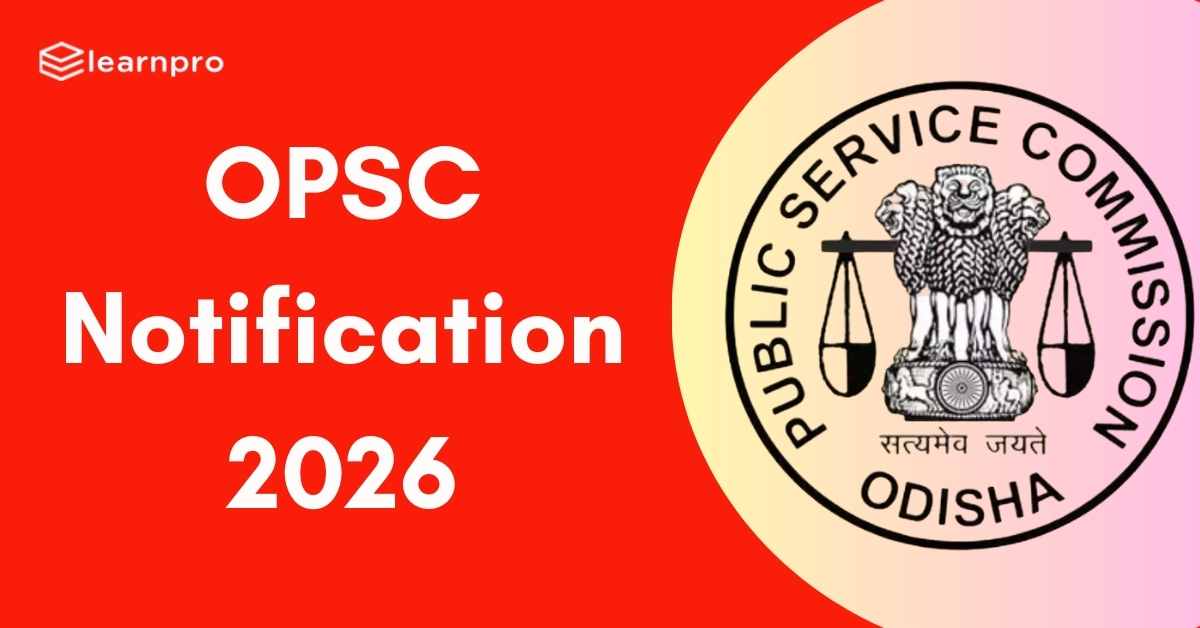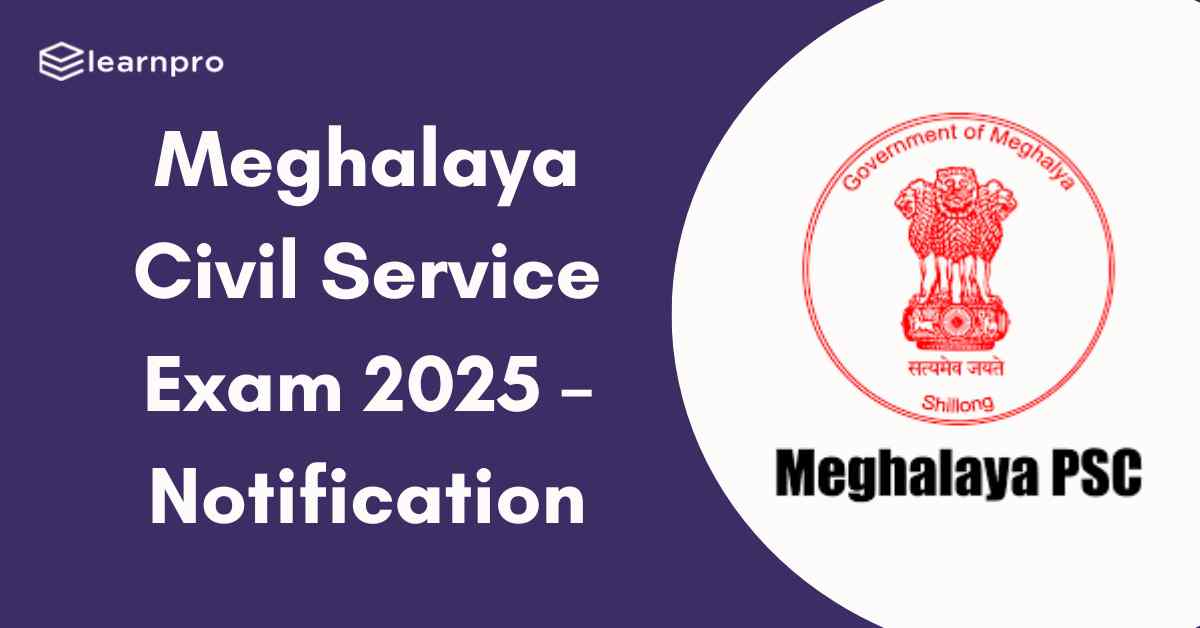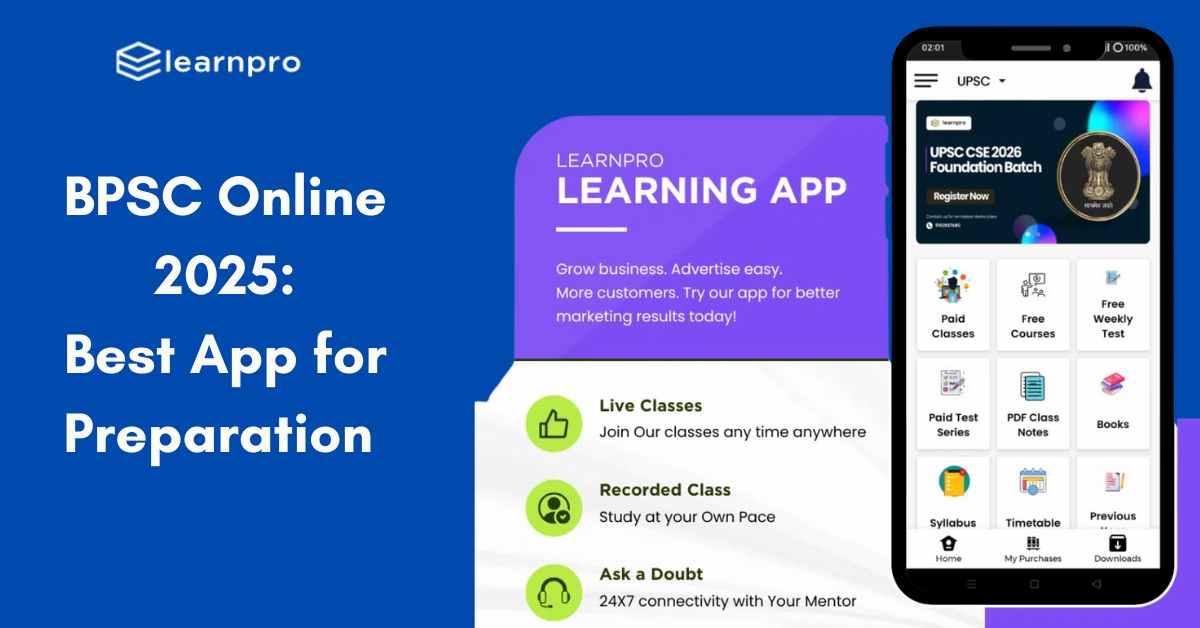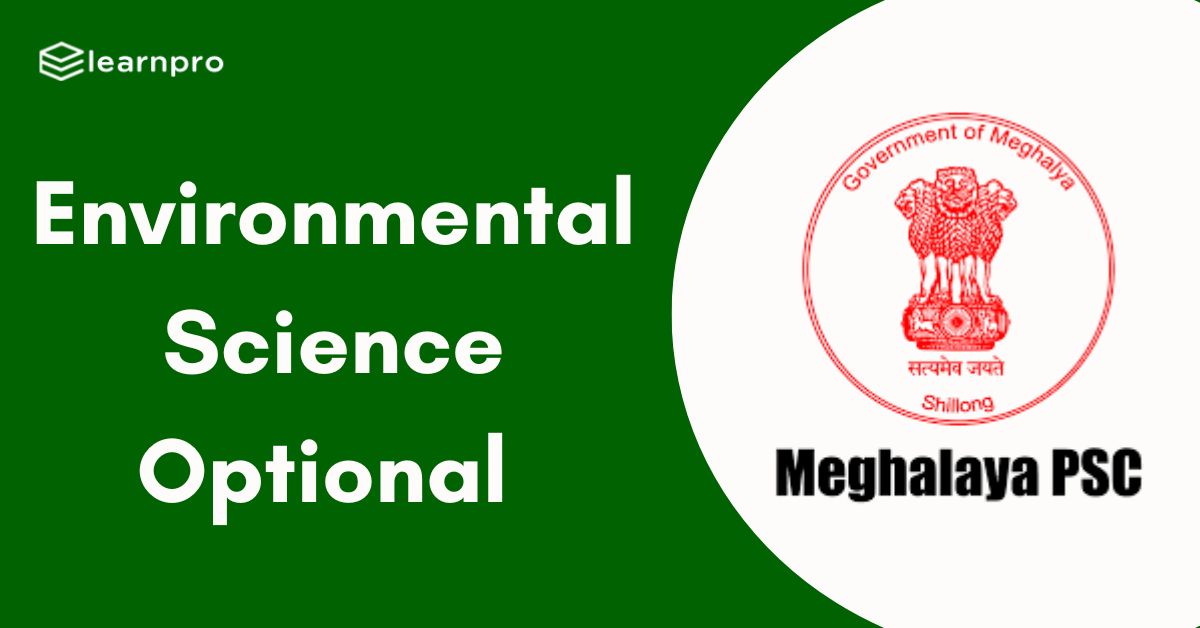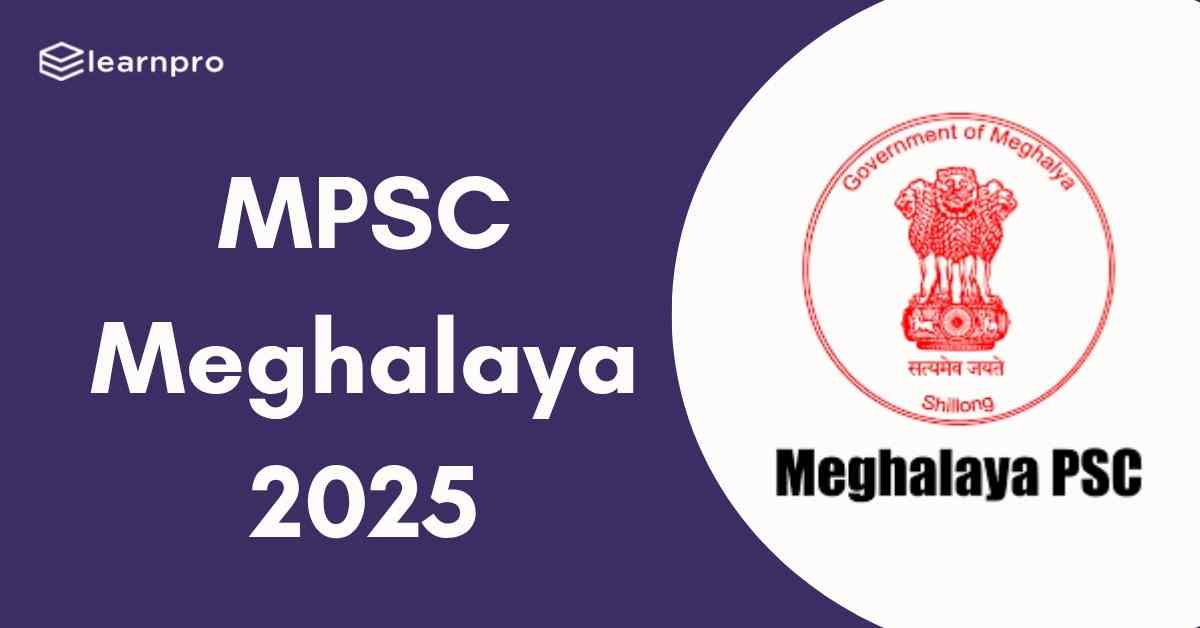January 25, 2026 10:26 am
Complete Polity Notes for UPSC IAS (Prelims + Mains)
Download Polity Notes for UPSC IAS for Polity and Constitution as well as Current Affairs. Full Syllabus Coverage for Prelims & Mains

Complete Polity Notes Download
Download PDF Notes (Prelims + mains)

Complete Constitution Notes
Download PDF Notes (Prelims + mains)

Polity Current Affairs Notes 2024-2025
Download PDF Notes (Mains Only)
Polity Notes Categories
1. Indian Polity
2. Indian Constitution
Polity Notes for UPSC IAS – Comprehensive Guide by LearnPro
Indian Polity is one of the most scoring and essential subjects in the UPSC IAS syllabus, forming a significant portion of Prelims and General Studies Paper II in Mains. It focuses on understanding the Constitution, governance, and the functioning of the political system in India. LearnPro’s Polity Notes for UPSC IAS are designed to offer clarity on fundamental concepts, integration with current affairs, and detailed insights into topics that frequently appear in UPSC exams.
Why Choose LearnPro’s Polity Notes for UPSC IAS?
Comprehensive Coverage:
Includes all aspects of Indian Polity as outlined in the UPSC syllabus, ensuring no topic is left behind.Simplified Content:
Breaks down complex constitutional provisions and governance principles into easily understandable formats.Prelims and Mains Ready:
Covers factual details for Prelims and analytical insights for Mains.Integrated Current Affairs:
Provides updated content linking static topics to dynamic developments in governance and policy.Effective Revision Tools:
Flowcharts, tables, and bullet points help in quick revision and better retention.
Key Topics in Polity Notes for UPSC IAS
1. Historical Background of Indian Polity
- Evolution of the Indian Constitution.
- Regulating Acts, Charter Acts, and Government of India Acts.
- Key features of the British legacy in Indian administration.
2. The Constitution of India
Salient Features:
Length, rigidity and flexibility, parliamentary system, and federal structure.Preamble:
Philosophy and ideals—justice, liberty, equality, and fraternity.Union and Its Territory:
Formation of states, reorganization, and special provisions.Citizenship:
Constitutional provisions, Citizenship Act, and issues of dual citizenship.
3. Fundamental Rights, Duties, and Directive Principles
Fundamental Rights (FRs):
- Definition, scope, and significance.
- Detailed study of Articles 12-35.
- Important Supreme Court judgments on FRs.
Directive Principles of State Policy (DPSPs):
- Classification, significance, and implementation.
- Comparison with Fundamental Rights.
Fundamental Duties:
- Importance and relevance in governance.
4. Union and State Legislature
- Structure and functioning of Parliament and State Legislatures.
- Legislative procedures: Ordinary bills, money bills, and constitutional amendments.
- Parliamentary privileges and their significance.
5. Union and State Executive
President and Governor:
- Powers, functions, and roles.
- Comparison of their executive authority.
Prime Minister and Council of Ministers:
- Role in governance and decision-making.
Chief Minister and State Council of Ministers:
- Responsibilities and working relationships.
6. Judiciary
Structure and Hierarchy:
- Supreme Court, High Courts, and Subordinate Courts.
Judicial Review:
- Importance and scope.
Judicial Activism vs Judicial Overreach:
- Recent cases and debates.
Tribunals:
- Functions and significance in resolving disputes.
7. Federalism and Centre-State Relations
- Division of powers: Legislative, administrative, and financial.
- Cooperative vs competitive federalism.
- Inter-state councils and Zonal Councils.
8. Local Governance
Panchayati Raj Institutions (PRIs):
- 73rd Constitutional Amendment and its impact.
Urban Local Bodies:
- 74th Constitutional Amendment and municipal governance.
9. Constitutional and Non-Constitutional Bodies
- Constitutional bodies like Election Commission, Finance Commission, and CAG.
- Non-constitutional bodies like NITI Aayog, NHRC, and Central Vigilance Commission.
10. Elections and Political Processes
- Election Commission of India: Powers and reforms.
- Electoral process and challenges: Free and fair elections.
- Political parties and pressure groups.
11. Governance and Public Policy
- Good governance: Principles, challenges, and initiatives.
- Transparency and accountability: RTI Act and Lokpal.
- Role of civil services in democracy.
Integration with Current Affairs
LearnPro’s notes integrate contemporary issues like:
- Landmark Supreme Court judgments.
- Important constitutional amendments and their implications.
- Current debates on federalism, electoral reforms, and judicial independence.
LearnPro Advantage
Expert-Curated Notes:
Prepared by subject experts with years of experience in guiding UPSC aspirants.Comprehensive Practice Questions:
Includes Prelims-style MCQs and Mains-style analytical questions for thorough preparation.Regular Updates:
Ensures notes stay relevant with the latest developments in polity and governance.Focus on Application:
Teaches how to apply constitutional principles to real-world problems, aiding in case studies and essays.Interactive Visual Aids:
Diagrams, flowcharts, and tables simplify complex topics and enhance retention.
How These Notes Help in UPSC IAS Preparation?
Prelims Focus:
Concise content for factual recall of constitutional articles, schedules, and landmark amendments.Mains Focus:
Analytical coverage for structuring balanced and impactful answers.Interview Edge:
Clear understanding of governance helps in answering personality test questions confidently.
Tips for Effective Use of Polity Notes
Master the Constitution:
Focus on understanding key articles, schedules, and amendments.Link with Current Affairs:
Relate static topics to dynamic developments for enriched answers.Practice Regularly:
Attempt mock tests and write structured answers to refine your preparation.Revise Frequently:
Use bullet points, summaries, and tables for quick revisions.
Start Your Polity Preparation with LearnPro Today
LearnPro’s Polity Notes for UPSC IAS are designed to provide aspirants with a strong foundation in constitutional principles, governance, and political systems. Whether it’s Prelims or Mains, these notes are your ultimate resource for mastering Polity and excelling in the UPSC IAS examination. Begin your journey toward success with LearnPro—your trusted partner in UPSC preparation!

